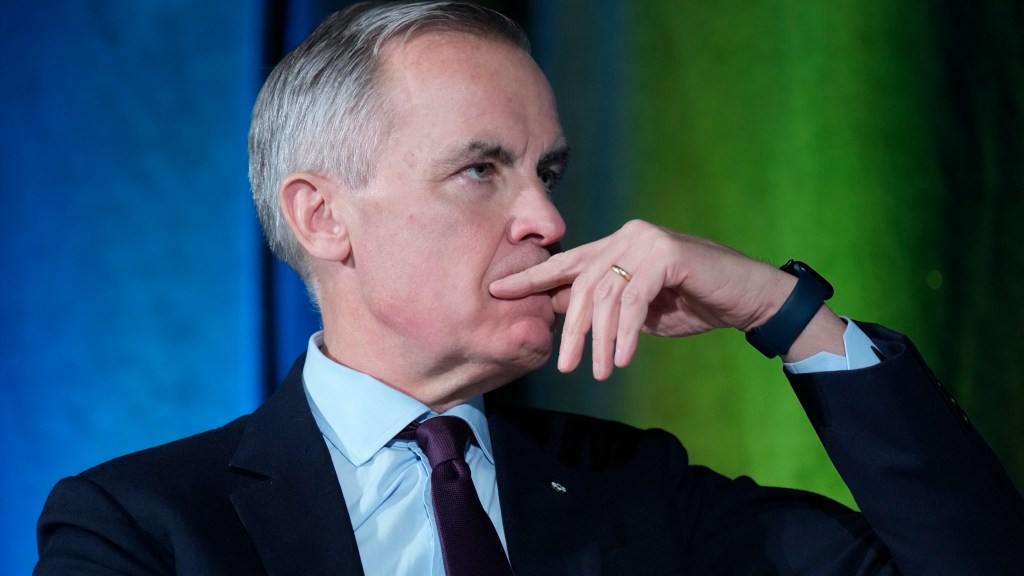Financial Gifts for Grandchildren: Thoughtful Ideas for Baby Boomers
As the holiday season approaches, many baby boomers are looking for meaningful ways to support their grandchildren with financial gifts that will have lasting value. While past generations enjoyed advantages such as grants for higher education and affordable housing, today’s youth face a more uncertain economic landscape.
For instance, unlike their grandparents, today’s young adults are often burdened with student loans and find it increasingly difficult to purchase their first homes. This situation prompts older generations to consider investing in the future of their family members.
When it comes to investing for children, a long-term perspective is essential. For example, shares purchased this summer for my granddaughter, Cressida, are intended to be untapped until she reaches adulthood in about 18 years.
To appreciate how much can change in that time frame, consider that 18 years ago, smartphones were non-existent. Presently, many people feel incomplete without their smartphones, which now boast functionalities beyond mere calling, such as artificial intelligence capabilities that were once deemed science fiction.
Last year, I opted for a globally recognized fund for my grandson, Charlie, which has weathered historical economic challenges including world wars and major market downturns. Formerly known as Foreign & Colonial, now branded as F&C Investment Trust (ticker: FCIT), this investment vehicle has been a part of the London Stock Exchange since 1868.
Today, F&C’s total assets have surged to approximately £6.3 billion, diversified to mitigate risks. Essentially, this fund reflects a belief that the global economy will continue to grow as innovations emerge, benefiting even small investors.
F&C’s asset allocation is dynamic and forward-looking, featuring significant investments in leading technology companies like Nvidia (NVDA), which has seen stock prices soar amid rising demand for AI-related products. Tech giants Microsoft and Apple also compose a substantial portion of the fund.
Though Charlie may not be concerned with dividends anytime soon, it’s worth noting that F&C has consistently raised income for shareholders since 1971. Although its current yield stands at just 1.3%, it has shown an annual average increase of 6% over the last five years.
High share prices contribute to the lower yield, yet F&C has reported impressive total returns: 29% over the past year, 64% over five years, and a remarkable 216% over the last decade, according to statistics from Morningstar.
While past performance does not guarantee future results, it does provide a basis for thoughtful speculation. For instance, shares that cost £8.86 in July 2023 were priced at £11.34 recently. The goal is to see continued growth.
To promote some friendly competition, my mother and I also invested in shares for Cressida in another notable fund, Alliance Witan (ALW), formed through the merger of two established investment trusts. We purchased shares at £12.14 in June, which currently sit at £12.84. Alliance Witan has a rich heritage dating back to 1888 and manages an expanded fund worth £5.7 billion, with expectations to re-enter the FTSE 100 index soon.
The fund’s diversification is commendable, with top holdings including Microsoft and Amazon, alongside sector representation from companies like Diageo and Eli Lilly. Having stakes in these firms gives me comfort about the fund’s potential.
Alliance Witan has shown a total return of 24% in the past year, 74% over five years, and a staggering 230% over the last decade. Additionally, it has raised dividends for its shareholders consistently since 1967. The fund charges 0.62%, with a yield of 2%, which has surged by an impressive 13% annually.
Should this growth trajectory continue, investors could see their income double in just a little over five years. However, it is crucial to note that dividends are not a certainty and may be subject to cuts or cancellations.
Investing Wisely in Booming Markets
While celebrating investment successes can be rewarding, it’s vital to be prepared for potential downsides, especially when considering assets with inherent risk like funds or shares. Investors should reflect on how they might react to market declines.
Emotions often influence stock valuations, leading to movements based on fear and greed. Anticipating how one might respond during market downturns—such as selling long-term assets during short-term declines—is essential.
This reality became evident during the COVID-19 pandemic when many investors realized paper losses by selling stocks during price drops, despite the advice to stay the course.
In November 2020, amidst uncertainty, I expressed confidence in humanity’s resilience against the virus and cautioned against panic selling, a sentiment that was validated when Pfizer announced a breakthrough the following day. I even expanded my investments during that challenging time.
Among those investments was the Danish company Novo-Nordisk (NOVO), which I purchased at around $36 in February 2021 based on speculation surrounding weight management treatments now recognized as Ozempic and Wegovy. The price of those shares has since climbed to $111.
As many stocks hover near record highs, it’s easy to feel astute; however, we must avoid complacency and refrain from investing funds that we might need in the short term. Planning carefully and maintaining a long-term perspective is crucial.
Full disclosure: Ian Cowie’s shareholdings.




Post Comment